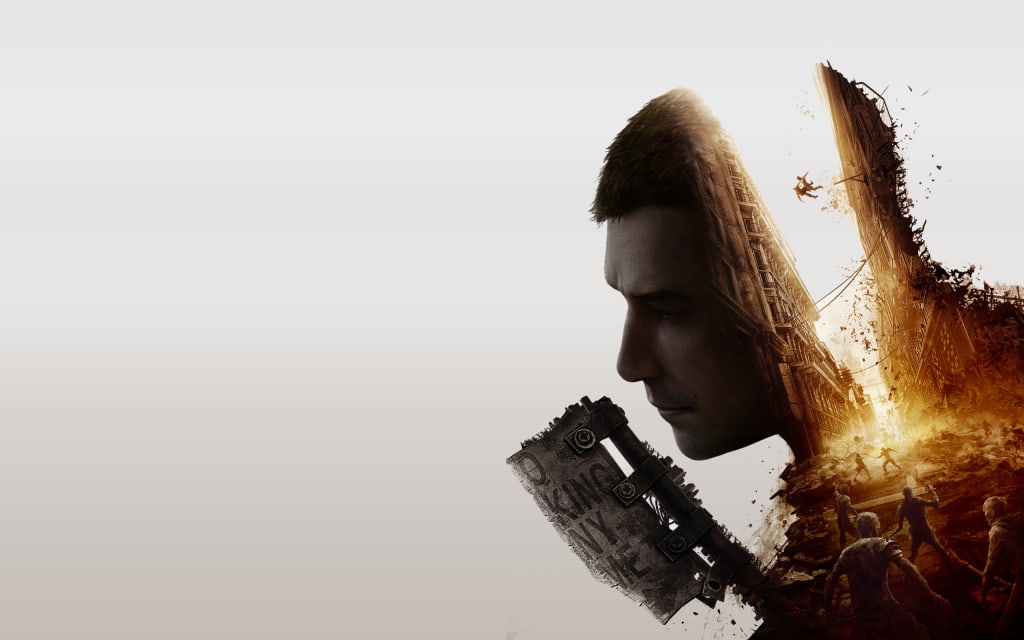
In the digital era, rapid technological advancements have brought both unprecedented opportunities and unforeseen challenges to various industries. As we embrace the digital revolution, it is crucial to recognize the transformative forces that could potentially disrupt traditional sectors. In this article, we will explore the top 10 industries that face the risk of significant disruption, while also shedding light on the inspiring potential for adaptation, reinvention, and the birth of new opportunities.
Retail: Bricks to Clicks
Traditional retail is experiencing a seismic shift with the rise of e-commerce giants like Amazon. As online shopping becomes the norm, physical retailers must adapt to survive. Forward-thinking companies are integrating online and offline experiences, creating immersive retail environments that blend technology and personalized customer interactions.
Example: Walmart's strategic investments in e-commerce and omnichannel capabilities have enabled them to compete effectively against online retailers while leveraging their vast physical store network.
Transportation: Navigating Autonomous Roads
The advent of autonomous vehicles poses a threat to traditional transportation industries such as taxi services and long-haul trucking. However, this disruption also presents opportunities for innovative mobility solutions and new roles focused on managing and maintaining the autonomous vehicle ecosystem.
Example: Waymo, a subsidiary of Alphabet Inc., is leading the way in developing self-driving technology and has successfully launched autonomous ride-hailing services in select cities.
Print Media: Unleashing the Power of Digital
Print media has faced significant challenges as digital platforms increasingly dominate the advertising and content consumption landscape. Traditional publishing companies are transforming into digital media powerhouses, creating engaging digital experiences and leveraging data analytics for targeted advertising.
Real-life example: The New York Times has successfully embraced digital transformation, expanding its digital subscriber base and generating revenue through innovative digital content offerings.
Traditional Banking: Embracing Fintech Disruption
The rise of financial technology (fintech) has disrupted the traditional banking industry, challenging established institutions to innovate and provide seamless digital banking experiences. Traditional banks are partnering with fintech startups or developing their own digital banking platforms to remain competitive.
Example: Revolut, a UK-based fintech company, has disrupted traditional banking with its mobile app, offering customers instant access to banking services, currency exchange, and other financial features.
Cable Television: Cord Cutting Revolution
The proliferation of streaming services and on-demand content has disrupted the traditional cable television industry. Consumers are increasingly cutting the cord and embracing over-the-top (OTT) streaming platforms, driving the need for cable providers to adapt their business models and offer more personalized, content-rich experiences.
Example: Netflix, one of the pioneers of OTT streaming, has transformed the entertainment landscape, producing original content and reshaping how audiences consume television and movies.
Traditional Energy: Embracing Renewable Revolution
The transition to renewable energy sources is disrupting the traditional fossil fuel industry. As society seeks sustainable alternatives, energy companies are investing in renewable technologies such as solar and wind power. The shift towards a greener future creates opportunities for innovation and new jobs in the renewable energy sector.
Example: Tesla, led by Elon Musk, has revolutionized the electric vehicle market and is now expanding into renewable energy solutions, including solar panels and energy storage systems.
Traditional Hospitality: Sharing Economy Shake-Up
The rise of the sharing economy, with platforms like Airbnb and HomeAway, has disrupted the traditional hospitality sector. Individuals can now rent out their homes or spare rooms, challenging the dominance of traditional hotels. Hotels are responding by offering unique experiences, personalized services, and loyalty programs to attract guests.
Example: Airbnb disrupted the hospitality industry by connecting travelers with unique accommodation options worldwide, empowering individuals to monetize their properties and providing travelers with more affordable and personalized lodging choices.
Traditional Advertising: From Interruption to Engagement
Traditional advertising methods, such as TV commercials and print ads, are facing challenges as consumers increasingly embrace ad-blocking technologies and shift their attention to digital platforms. Advertisers are adapting by focusing on data-driven digital advertising, influencer marketing, and creating engaging content that resonates with their target audiences.
Example: Dollar Shave Club disrupted the razor industry by creating humorous and relatable video content that went viral, allowing them to compete against established razor brands.
Traditional Education: Embracing E-Learning
The digital era has ushered in a transformation of traditional education models. E-learning platforms and Massive Open Online Courses (MOOCs) offer accessible and flexible learning opportunities. Traditional educational institutions are adapting by incorporating online learning options, digital resources, and interactive technologies into their curricula.
Example: Coursera, an online learning platform, partners with top universities to offer courses on a wide range of subjects, enabling individuals worldwide to access high-quality education remotely.
Traditional Healthcare: Entering the Digital Age
The healthcare industry is experiencing a digital revolution, with telemedicine, wearable devices, and health apps transforming the patient experience. Traditional healthcare providers are incorporating digital technologies to enhance remote patient monitoring, personalized treatment plans, and preventive care.
Example: Babylon Health, an AI-powered telehealth company, offers virtual consultations with doctors, symptom checking, and health monitoring, improving access to healthcare services for individuals globally.
Conclusion:
The winds of change are blowing across various industries in the digital era, but within disruption lies immense potential for growth and innovation. By embracing the transformative power of technology, traditional sectors can reinvent themselves and thrive in the face of disruption. Through adaptive strategies, collaboration, and a willingness to embrace change, industries can navigate the tides of transformation, uncovering new opportunities and creating a brighter future.
About the Creator
Nozomi
Passionate about health, food, travel, photography, AI, video games, investment, and the indomitable spirit of canine companionship. Let's embark on a curiosity-driven exploration together. #CuriosityUnleashed





Comments
There are no comments for this story
Be the first to respond and start the conversation.